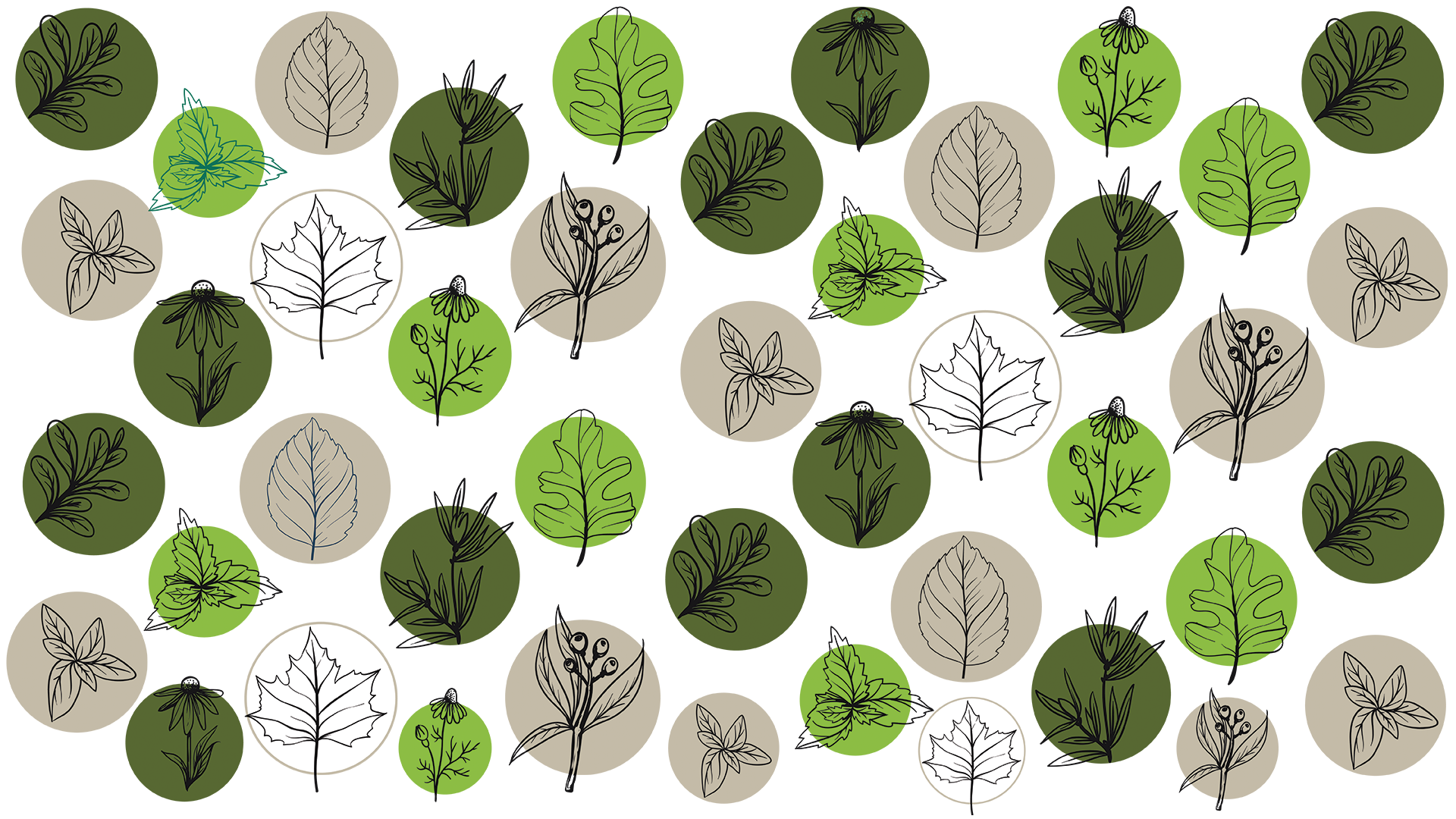March is National Kidney Month!
- southeastnaturalme
- Mar 4, 2025
- 2 min read

Did you know that 80% of kidney disease is linked to lifestyle factors? This suggests that many kidney health challenges may be influenced by daily habits and environmental exposures. The kidneys play a crucial role in filtering toxins, balancing electrolytes, and regulating blood pressure. When overburdened, their function may decline, leading to long-term health concerns.
Nutrition and Kidney Function
Certain foods are commonly associated with kidney support. Hydration is often emphasized, along with nutrient-dense choices such as leafy greens, berries, and healthy fats. Processed foods and high-sodium diets are frequently discussed in relation to kidney strain.
Herbal Traditions and Kidney Health
For centuries, various herbs have been used in traditional medicine systems to support kidney function. Dandelion root and nettle leaf have been included in herbal formulations, while astragalus and cordyceps have been explored for their potential protective properties. Marshmallow root has been noted for its historical use in soothing the urinary tract.
Toxin Exposure and Kidney Burden
Environmental toxins, chronic medication use, and dietary choices are often examined in discussions about kidney health. Some research explores the impact of pain relievers, alcohol, and processed sugars on kidney function. Additionally, lifestyle factors such as regular movement and sauna use have been associated with detoxification processes.
Blood Sugar, Blood Pressure, and Kidney Health
Blood sugar imbalances and high blood pressure are frequently mentioned as contributors to kidney disease. Strategies that focus on balanced meals, stress management, and daily movement are commonly explored in relation to metabolic health and kidney function.
A Holistic Approach
Many naturopathic approaches consider kidney health as part of an interconnected system. By examining nutrition, herbal traditions, and environmental influences, a more comprehensive understanding of kidney function may emerge. Ongoing research continues to explore the potential connections between lifestyle and kidney well-being.





Comments